- Home
- Machining techniques
- CNC Machining Services
- Cooperative supply services
- Designs
- Materials
- Finishing Services
- Shop
- Products
- Guide
- About Us
- Contact Us
2022.11.30
After the epidemic, the public’s health awareness has been constantly enhanced, driving the rise of the medical and health industry against the trend, and the global demand for medical devices has grown rapidly. According to the survey, the global market capacity of medical devices will reach 451.9 billion US dollars in 2019. It is estimated that the global market capacity of medical devices will be close to 600 billion US dollars by 2024. The global market has huge potential for development.
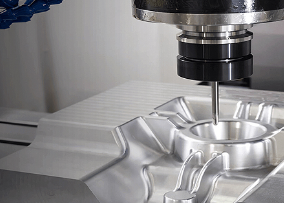
CNC precision machining has brought many benefits to almost all industries. It has even completely changed the way they treat their respective fields. From automation to aviation to manufacturing. One of the most important industries benefiting from precision machining is the medical industry. Without precision processing, many of the medical products we use today will not be realized. Here, we study how precision machining affects the current and future state of medical progress.
Machining Meets the Tightest Tolerances
The medical industry needs safety, accuracy and accuracy most. Precision machining helps to create accurate dimensions for surgical tools suitable for surgeons’ hands, thus obtaining more accurate results.
Machining is also used to make complex parts for lasers or robots, which are used to achieve operations that were not possible a few years ago. Machining will help create more discoveries and innovations, thus promoting the development of medicine. These tools require very small and precise parts and tips to achieve functional parts that can only be created by CNC and EDM machining tools.
Because these tools are used for the most delicate surgery (even vascular or brain surgery), even the smallest deviation can lead to disastrous consequences. This is where precision machining can be used. It helps to create not only precise, precise and precise tools to achieve safety and reliability.
Wide Selection of Complex Materials
The materials used by medical institutions need to meet the requirements of durability, safety, non reaction to human body and disinfection capacity. For example, joint replacement parts are usually made of medical stainless steel or titanium to obtain unparalleled strength, elasticity and function.
Precision machining makes these materials into complex shapes and sizes for specific medical applications. Some of these components are already embedded in the patient body, so they need to meet strict tolerances and have very smooth surfaces to eliminate burrs or streaks.
CNC and EDM precision machining are very suitable for manufacturing these precision parts. Even the hardest materials can be used and turned into smooth parts. This machining method ensures that all parts are identical and assembled in the correct way for optimum performance.
Small For Comfort and Safety
Why do some medical tools or materials need to be miniaturized? Because only in this way can they provide comfort and safety. Take insulin pump, heart monitor and defibrillator as examples. Thanks to precision machining, these designs are now miniaturized with smaller, more precise components. These implants can now be implanted into the body, so that these people can live a relatively normal life, enjoy freedom and freedom of movement.
Only through precision machining can these medical tools be accurately designed and manufactured. Once the design is under computer control, the part will be processed immediately for smaller or larger operations. To sum up, there is no doubt that this technology has made great contributions to the medical industry.
Customized Equipment
Precision machining also allows customized design of certain medical devices to achieve a more precise and personalized fit. This is particularly important for artificial devices (such as artificial knees and artificial limbs) that need to accurately adapt to and meet people’s needs. The uniqueness of precision machining is that it can meet this demand. Through CNC processing, customized parts are simple and cost-effective. By inputting the design into computer control, parts can be processed quickly and accurately. Precision machining has promoted the development of the medical industry, which is an indispensable part in the long run.
The accelerated development of the global market will inevitably link its upstream and downstream industrial chains, bring massive demand for medical device processing, and bring a new wave of development to the precision parts manufacturing market.
Among them, most medical parts have the characteristics of small batch, multiple varieties, irregular shape, hard material and high surface finish. These parts need to be strictly milled, turned and drilled, such as orthopedic implants (mostly titanium alloy or stainless steel, bone plates, artificial joints, bone nails, etc.), dental implants, cardiac pacemaker parts, etc.
Medical equipment is famous for its complex structure, high precision and reliability requirements. The higher requirements for workpiece materials, machining accuracy and surface finish of medical device parts also mean that precision machining capability needs to be improved. Precision machining technology is an advanced manufacturing technology developed to adapt to modern high-tech. In recent years, with the deepening of intelligent manufacturing in China, precision machining technology has made more and more contributions to the medical device industry.
With the development of the medical device industry, there will be more and more types of medical devices, more and more complex structures, and higher accuracy requirements. In order to meet the requirements of multiple varieties and high precision of medical devices, high-speed, high-precision, intelligent, compound and environment-friendly precision machining has gradually become the main development direction of medical device CNC machining. In other words, there are high requirements for machine tools, jigs, tools, CAM software, testing equipment, engineering capabilities, etc. The demand of medical device manufacturers for high-quality parts processing suppliers undoubtedly promotes the progress of processing technology,
Precision machining has made great contributions to the progress of the medical industry and will continue to be an integral part of future progress. Contact Weimeite immediately to enable us to deliver high-quality, small batch and fast, help you lead your competitors in the field of medical devices, occupy market share as soon as possible, and make contributions to human health.
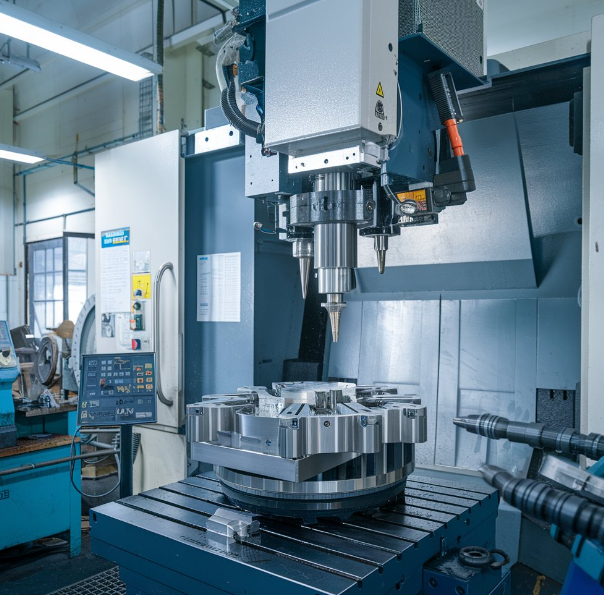 Why Choose China CNC Machining and How to Find the Best CNC Machining Manufacturer
Why Choose China CNC Machining and How to Find the Best CNC Machining Manufacturer
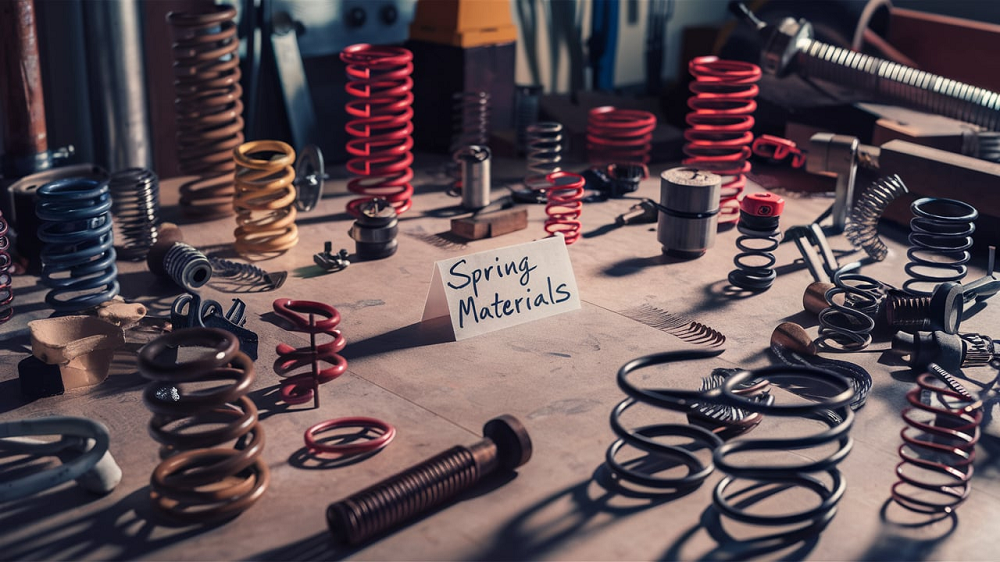 Spring Material Types (Properties, Grades, Uses) & Best Selection for Your Project
Spring Material Types (Properties, Grades, Uses) & Best Selection for Your Project
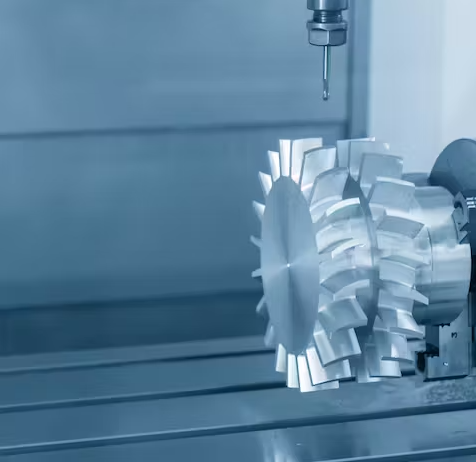 CNC Machining VS Manual Machining: What is the Difference Between CNC and Manual Machining
CNC Machining VS Manual Machining: What is the Difference Between CNC and Manual Machining
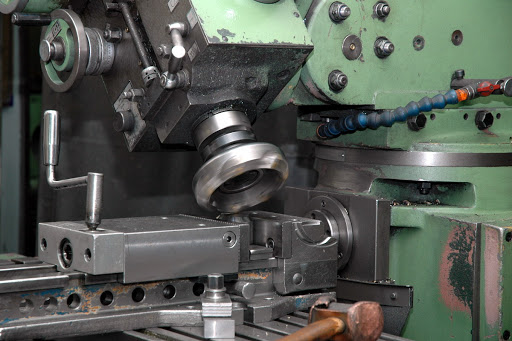 CNC Machining Vs Conventional Machining – Difference Between CNC Machining And Conventional Machining
CNC Machining Vs Conventional Machining – Difference Between CNC Machining And Conventional Machining
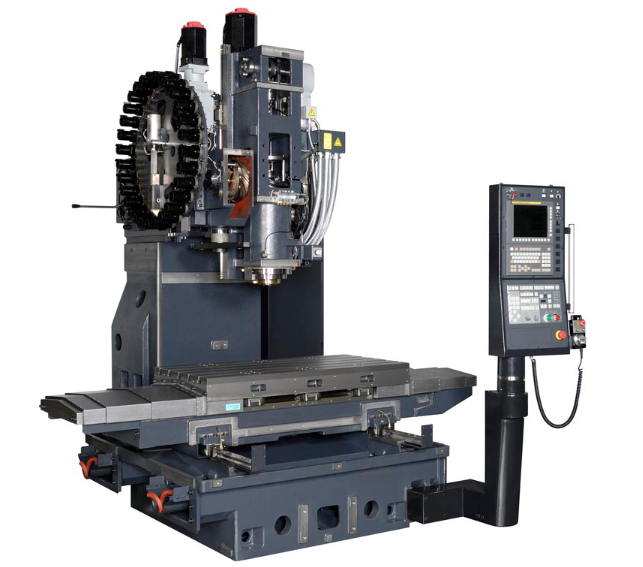 What is CNC Vertical Machining Center – VMC Machine Applications & Difference Between Horizontal Machining Center
What is CNC Vertical Machining Center – VMC Machine Applications & Difference Between Horizontal Machining Center
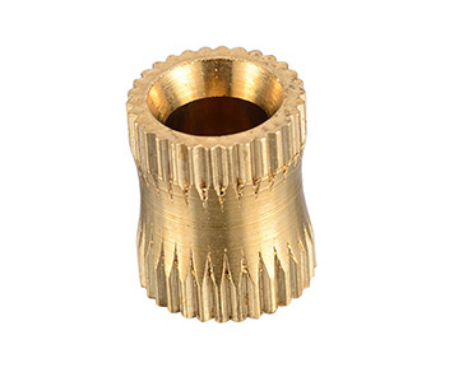 What Are Configuration Requirements For High-Speed CNC Machining
What Are Configuration Requirements For High-Speed CNC Machining
